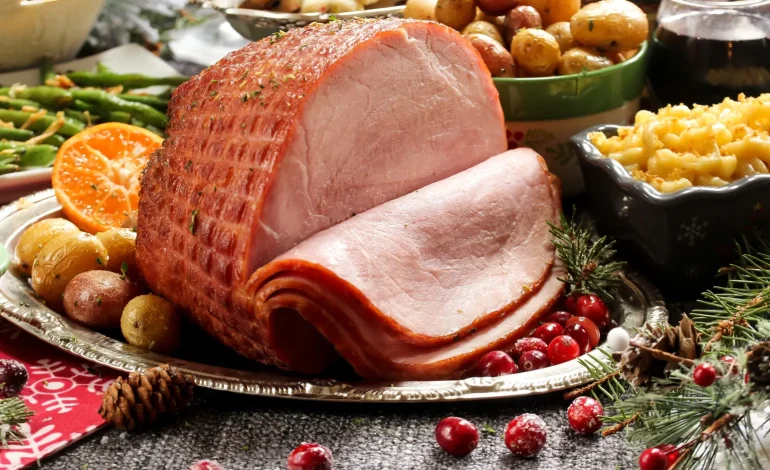Thanksgiving Foods That May Increase Heart Failure Risk, Doctor Warns

As families prepare to enjoy their Thanksgiving feasts, a cautionary message from Dr. Christine Nwoha urges caution regarding certain traditional dishes, New York Post reports.
According to Nwoha, four holiday staples—stuffing, honey-glazed ham, green bean casserole, and alcohol—could pose a risk to heart health, particularly for individuals with a personal or family history of heart disease.
Dr. Nwoha, who shared her warning via social media, explained that hospitals often see a rise in heart failure cases during the holiday season, in part due to sodium-rich and high-calorie foods consumed at Thanksgiving dinners.
1. Stuffing
A beloved side dish, stuffing ranks high on Nwoha’s list of risky foods. She noted that just half a cup of boxed stuffing contains about 19% of the recommended daily sodium intake.
“Who’s only eating half a cup?” she joked.
Nwoha underscored how easy it is to overconsume this salty staple.
2. Honey-Glazed Ham
While a holiday favorite, honey-glazed ham combines already salty pork with sugary, salty glazes. This combination, Nwoha warned, can lead to fluid retention and elevated blood pressure, increasing the likelihood of heart failure.
3. Green Bean Casserole
Although it may seem like a healthier option, green bean casserole contains hidden sodium from canned ingredients like condensed soup.
“You’re working your way to the hospital,” Nwoha cautioned.
4. Alcohol
While alcohol doesn’t contain salt, excessive consumption during the holidays can contribute to fluid retention, another potential cause of heart failure.
“Too much alcohol during the holiday season could lead to heart failure,” Nwoha said.
For those with a history of heart disease or high blood pressure, Nwoha’s message is clear: moderation is essential. Although these foods are holiday favorites, limiting portion sizes or opting for healthier alternatives can help reduce the risk of complications.








